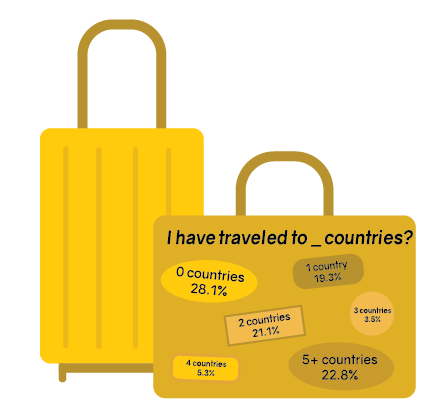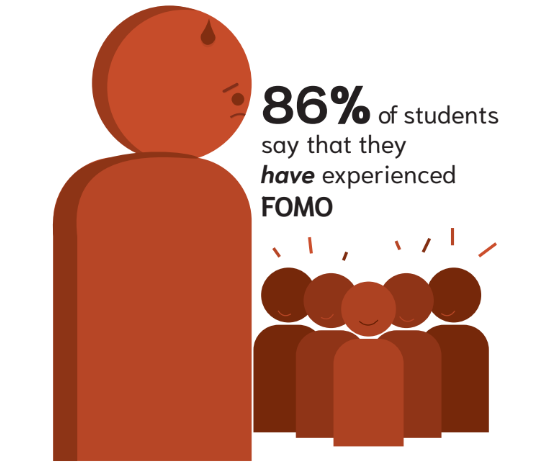
It’s often said that the human body is meant for a nomadic lifestyle. Regardless of the truthfulness of that statement, many people spend at least part of their time on earth traversing it and experiencing all it has to offer.
To be well-traveled is defined as having been to many different places, especially to many different countries, according to the Cambridge Dictionary.
But it’s not just that — travel yields many benefits beyond just being a hobby. Research has shown that travel and exposure to other countries and cultures can increase tolerance. According to National Geographic, in a 2018 Harris Poll of 1,300 business travelers, 87% said that business trips helped them to be more empathetic to others. Similarly, in a 2010 study, Columbia Business School professor Adam Galinsky found that travel increases awareness of underlying connections and associations with other cultures.
Travel has shown to increase cultural awareness because people can be exposed to different traditions and customs worldwide rather than being confined to the country they often spend their whole lives in.
Senior Skyler Glusman of Middletown is a well-seasoned traveler, as she spent one summer traveling across Europe, visiting nine different countries in total.
Glusman said, “[Travel] has completely broadened my cultural awareness, and has also given me the want to travel more.”
Not only does traveling allow a person to learn and gain more knowledge about the world, but one may also become more eager to learn about other cultures and ethnicities.
According to the New York Post, out of 1,500 American teachers, 56% believe that travel positively influences a child’s education and career directly, and another 53% say that travel enhances their understanding of the curriculum. Finally, another 54% say it boosts their academic performance. Educators also reported well-traveled students being more tolerant, respectful, sensitive and cooperative.
With that noted, many students are fortunate enough to be seasoned travelers even before entering adulthood, more commonly through educational travel.
Many schools participate in some sort of educational travel, whether it be an exchange program or even a week-long immersion in another country with classmates and chaperones.
Often, world language classes venture to a foreign country in an attempt to immerse students in the culture and language of that place. While CHS does not currently offer this type of trip, Spanish teacher Mrs. Britto Davino is enthusiastic about the benefits it can offer.
“As someone who loves to travel, going anywhere you haven’t been, meeting new people and experiencing new things is always a rewarding experience,” Britto Davino said. “Additionally, language immersion is the best way to hone your skills in a journey towards fluency.”
While it is true that travel can oftentimes be pricey and a large undertaking for different people, it has certainly emerged as a form of education on an immersive level and offers many benefits prospective travelers should consider.
“I think everyone should travel, if not studying abroad, because it opens your eyes to new places and it’s really fun to explore new places and countries,” Glusman said.








